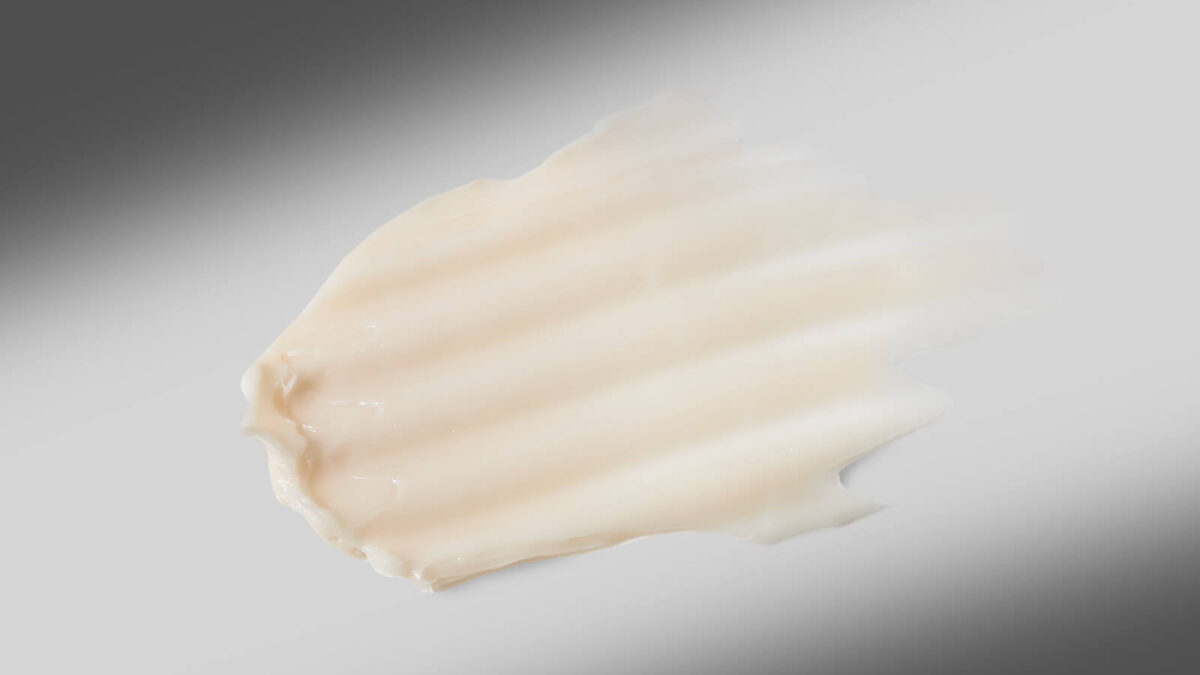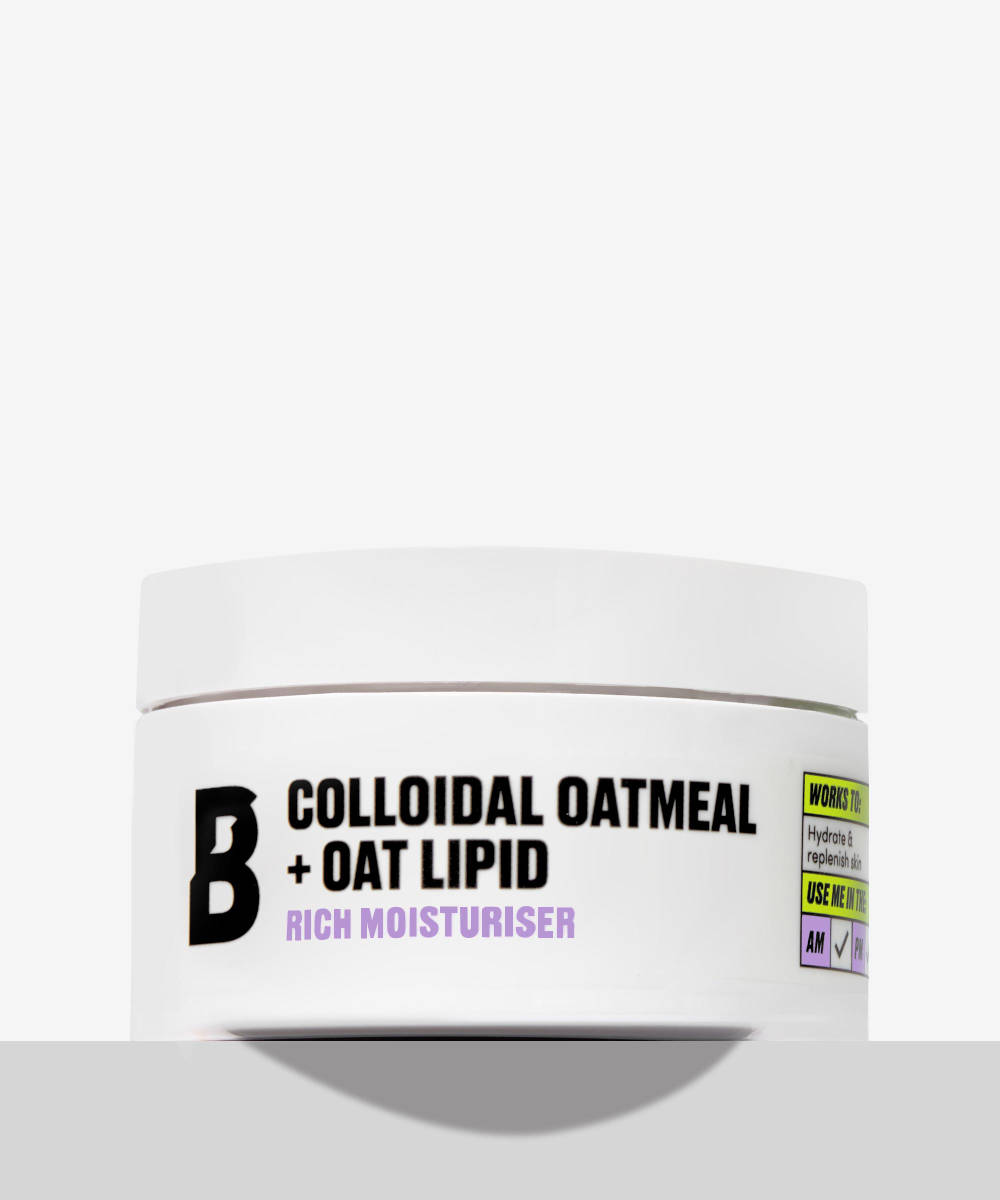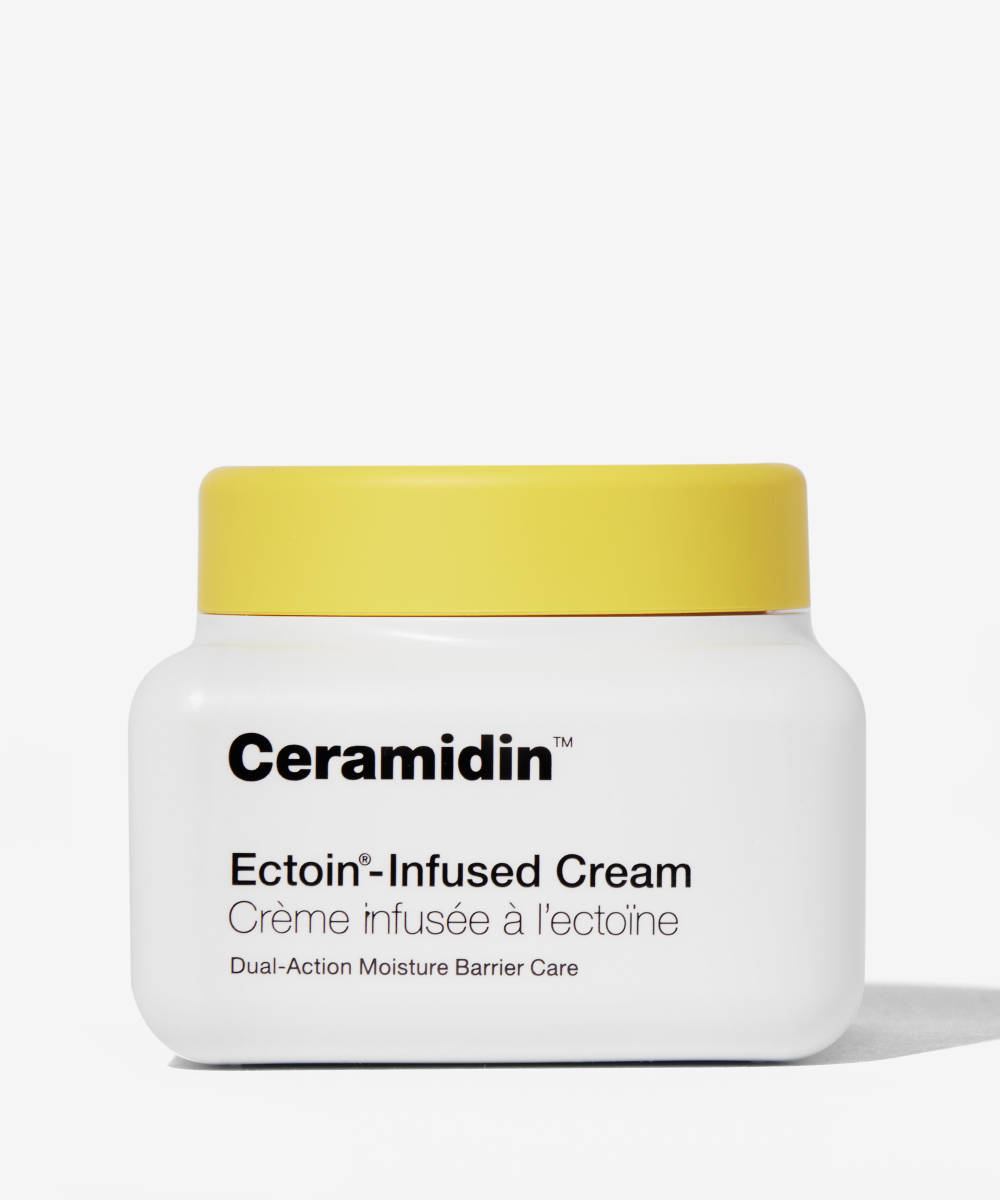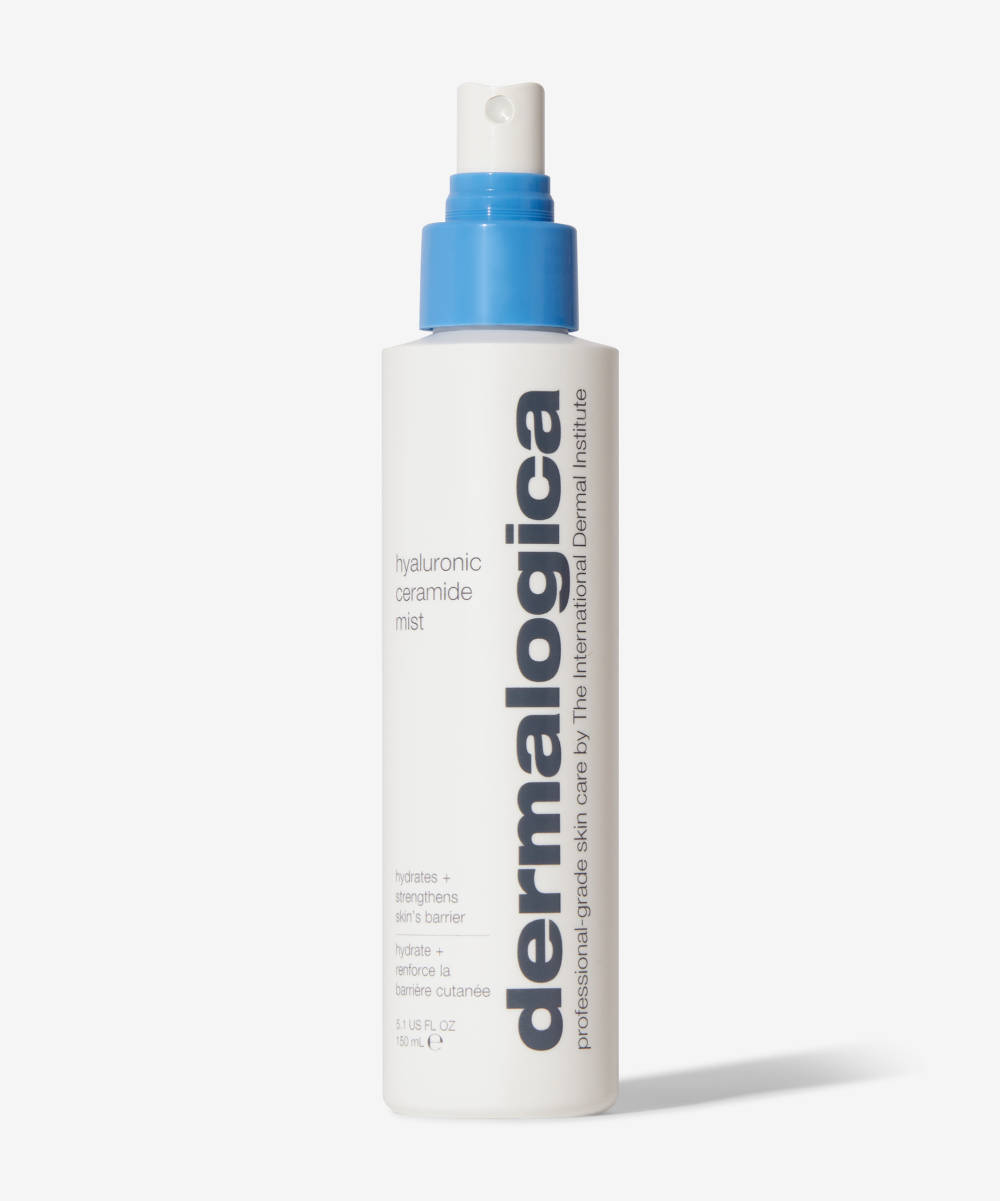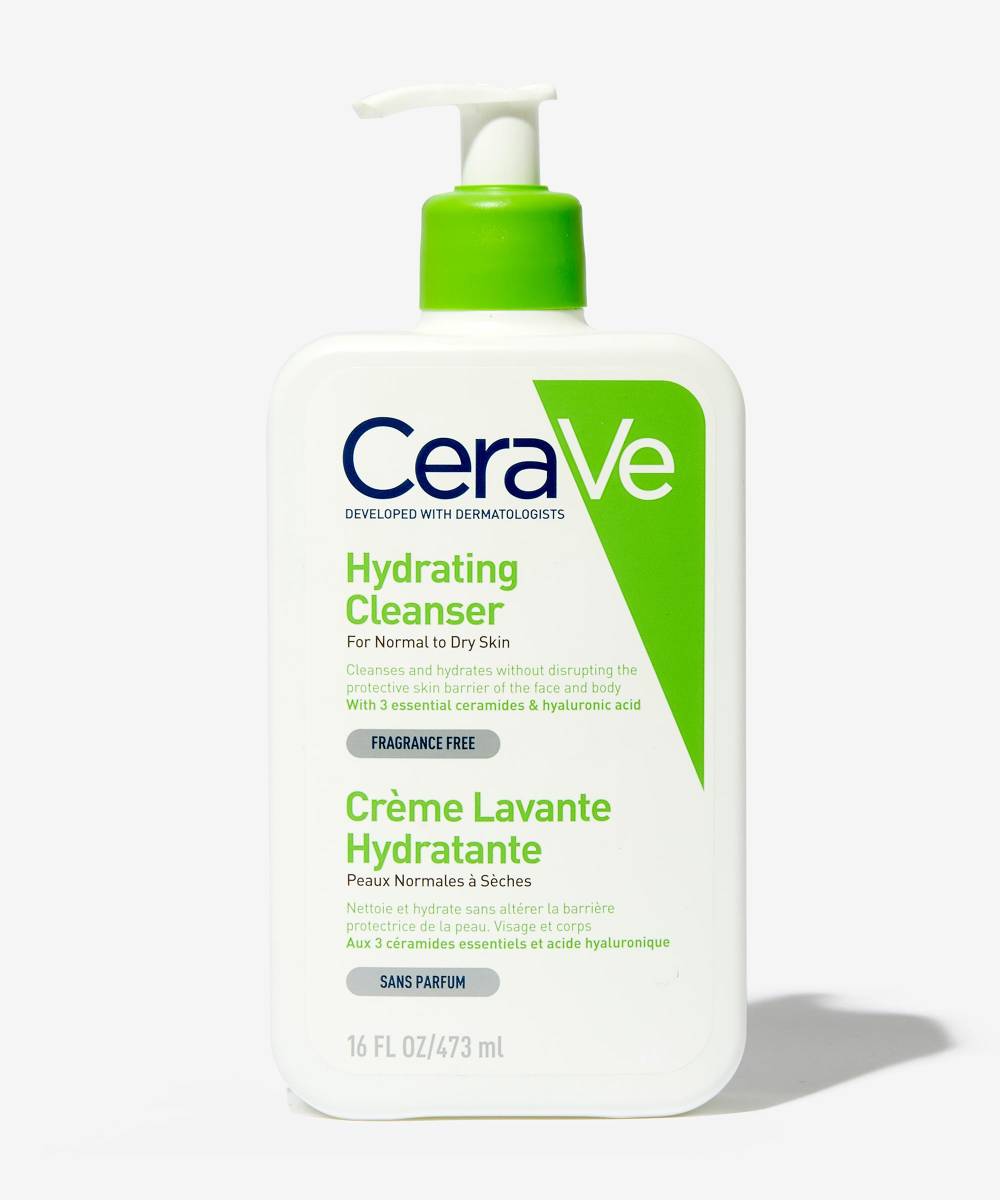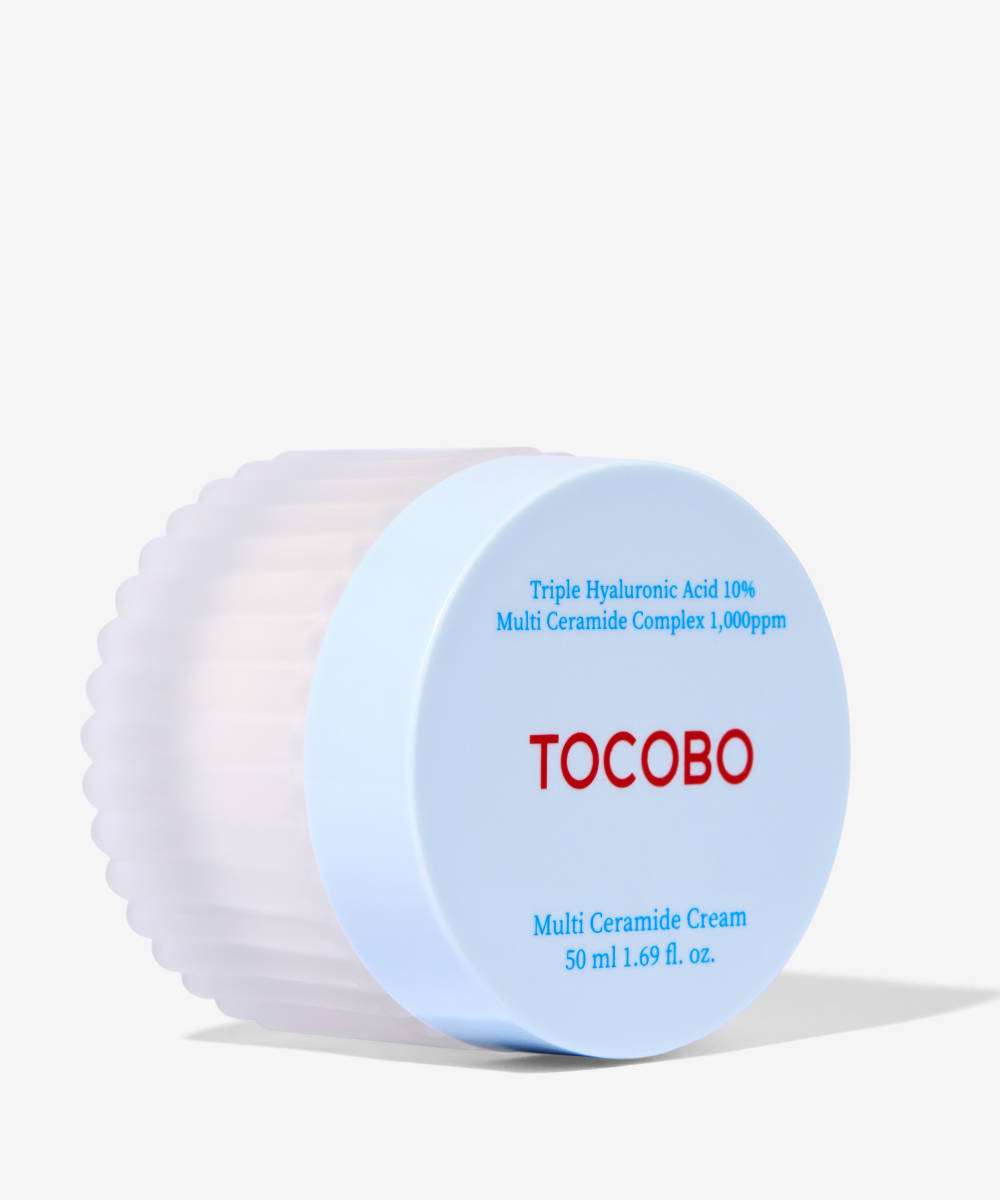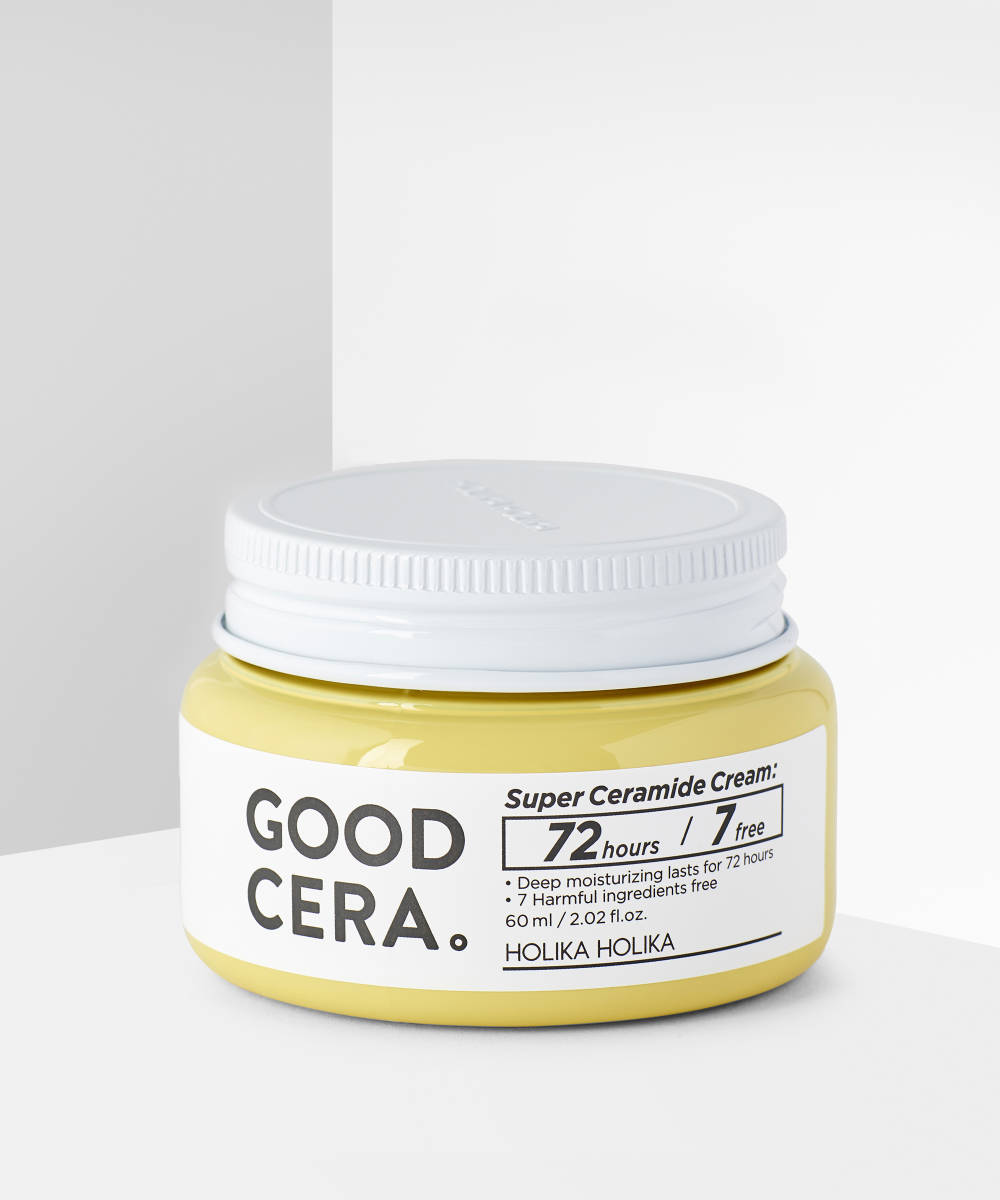You can marinade your skin in acids and vitamin serums, but if you want to achieve the healthiest skin of your life, what you really need is moisture. And when it comes to moisture-boosting ingredients, there’s nothing much better than ceramides. Just as drinking water keeps our bodies in optimal condition, ceramides replenish our skin’s moisture levels and strengthen the skin barrier, keeping it healthy and strong.
Ceramides are suitable for all skin types, but are especially beneficial for those with dry or sensitive skin that experiences flakiness, redness, or rough texture. The ingredient will help to quickly and effectively strengthen, smooth, and rehydrate skin, with long-lasting benefits.
From how to use them to which products you need, here’s everything you need to know about ceramides.
What are ceramides?
Ceramides are lipids (fats) that are naturally produced by our bodies – and typically found in the top layers of our skin. They actually make up 50% of skin’s composition, so they’re pretty important in establishing how skin looks, feels, and behaves. As we age, our bodies stop producing as many ceramides and the ones we have are reduced in effectiveness by sun damage. This weakens the skin’s barrier, resulting in the signs of ‘aging skin’ – loose, dry, rough skin, wrinkles, redness, and dehydration.
How do ceramides work?
If you think of your skin as a brick wall, ceramides are the cement between the bricks that hold your cells together. They basically strengthen skin by reinforcing its layers, helping to prevent moisture from escaping, while stopping harmful pollutants and environmental aggressors from getting in and causing damage.
What do ceramides do?
Because ceramides impove hydration levels, when skin has an optimal level of ceramides it feels plump, soft, firm, and bouncy. Therefore, it’s an ideal ingredient for all skintypes to use but is especially beneficial if your skin is easily dehydrated or feels dry.
Ceramides also help to strengthen and reinforce your skin’s barrier, which prevents aggressors, pollutants, and bacteria from getting in and causing damage. If you experience acne, breakouts, pigmentation, or want to better protect your skin from free radical damage, ceramides are a vital ingredient.
When should you use ceramides?
You can use ceramides day and night, and you’ll find them in everything from face masks to cleansers, but they’re most beneficial in serums and moisturisers and when they’re in high concentrations. Ceramides are most effective when combined with other hydrating ingredients like fatty acids, hyaluronic acid, and glycerin, and also work well with antioxidants like vitamin C and other skin restoring ingredients like retinol, EGF, and niacinamide.
